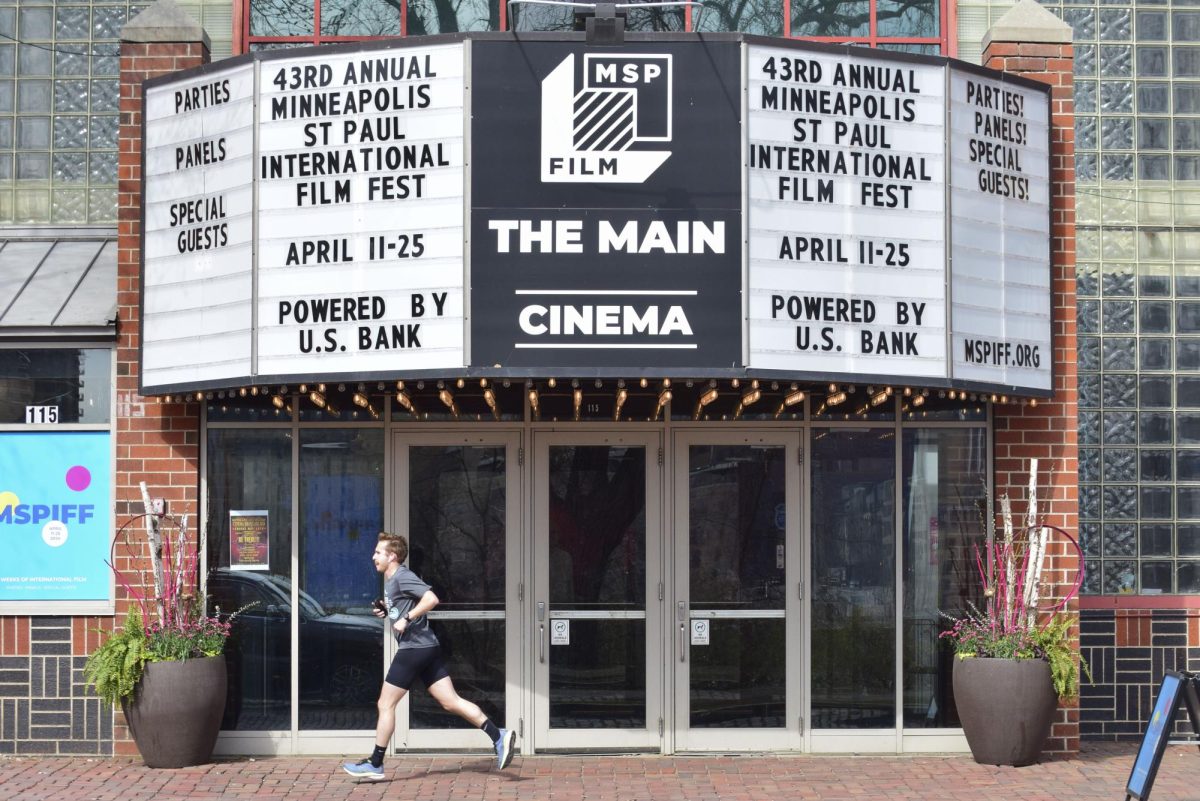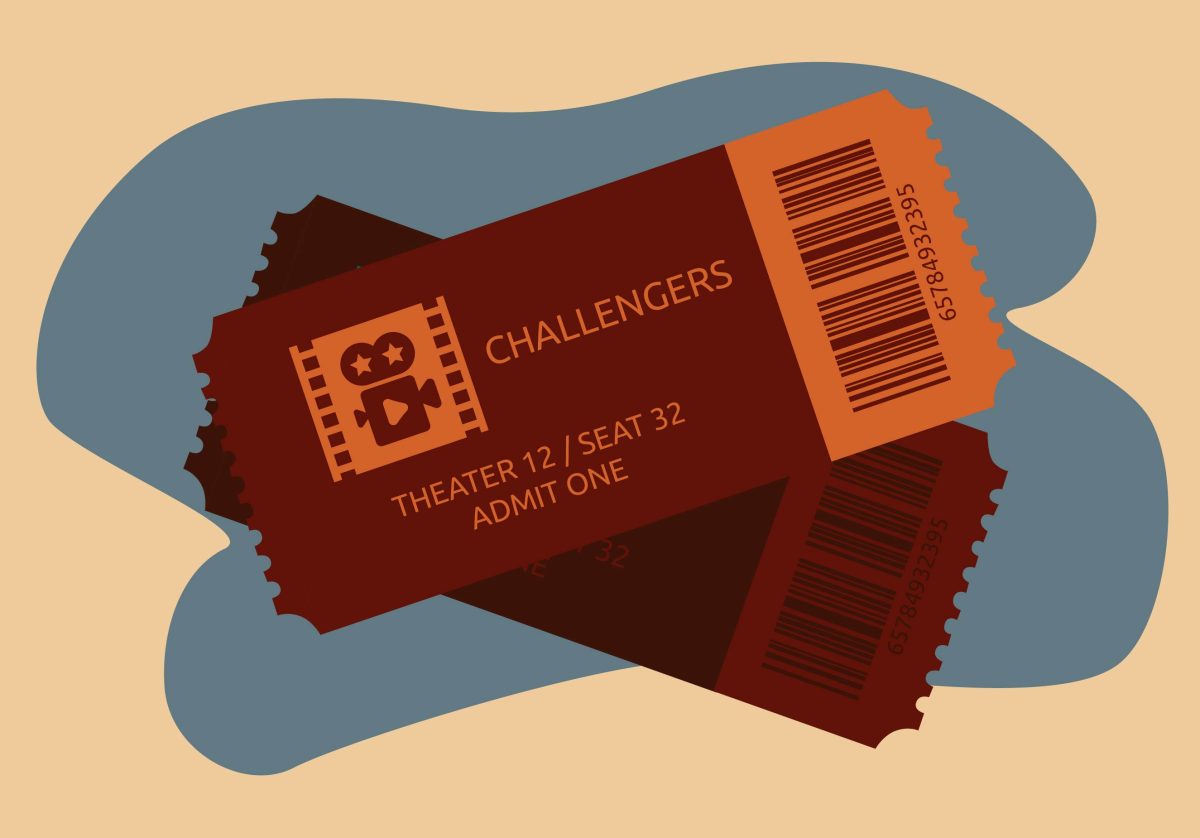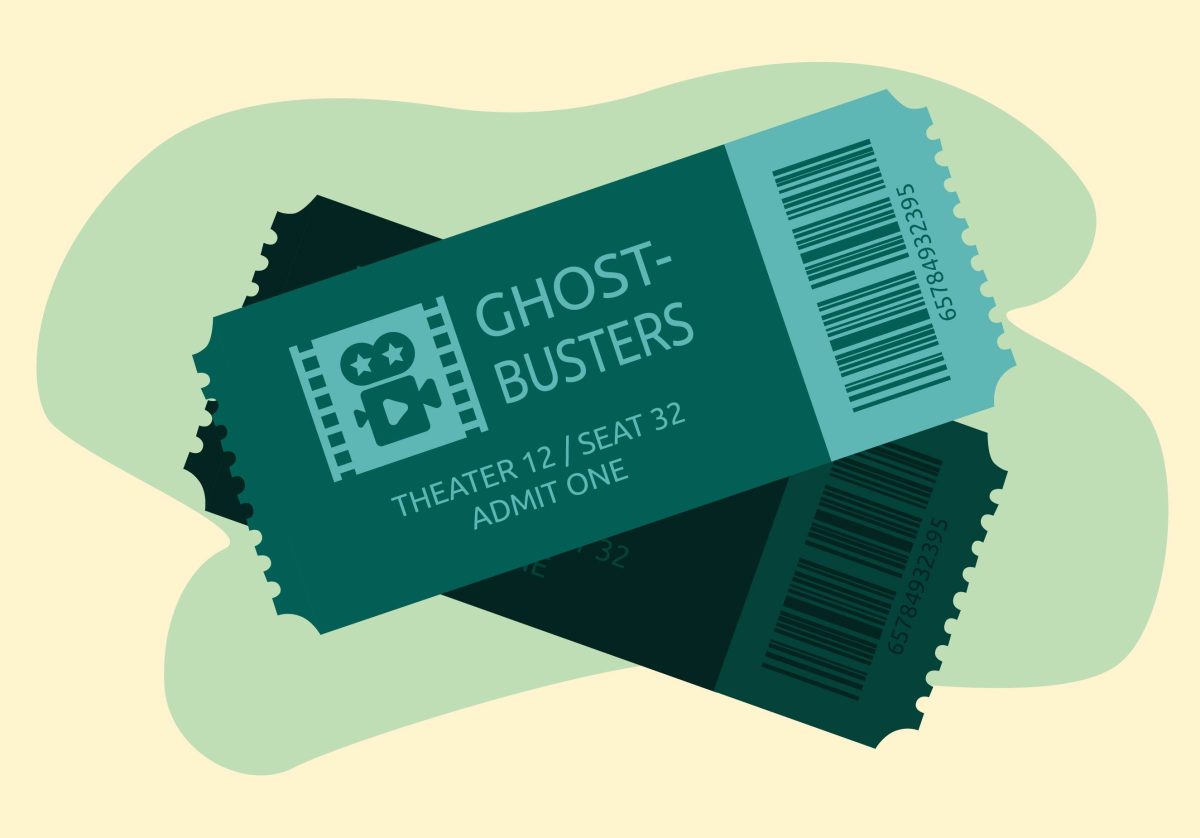There is a famous sequence toward the end of Vittorio De Sica’s 1948 film, “The Bicycle Thief,” during which an unremarkable activity – a crowd emptying a soccer stadium – manifests the underbelly of post-World War II Italy that behooves De Sica’s and the other neorealists’ attempts to reconstitute the working class individual’s role in the society of the time.
“Zidane: A 21st Century Portrait”
DIRECTED BY: Douglas Gordon, Philippe Parreno
PLAYING AT: Walker Art Center, tomorrow night through Sunday www.walkerart.org
The scene’s poignancy resides in its story’s context: Antonio is an unemployed workman who needs a bicycle to secure his recently acquired position posting flyers.
By means of comparison, the stadium attendees become a faceless mass, indifferent toward Antonio’s plight, yet inextricably part of it. Indeed, the very notion of neorealist filmmaking, to which “The Bicycle Thief” belongs, is the utter interchangeability of its chosen subject with the thousands of other possibilities.
But again, that film was released in 1948, during a time and in a place recently devastated by a war that, following the war to end all wars, was never supposed to happen. The summit of mankind’s irrationality is thus whittled down to the individual, a subject on whom artists Douglas Gordon and Philippe Parreno choose to focus in “Zidane: A 21st Century Portrait.”
Yet their film is not merely the glorification of a modern day demigod, which in the soccer world, Zidane, or “Zizou” as he is affectionately referred, certainly is (notwithstanding the 2006 World Cup).
Part of the Frenchman’s allure, besides his record-sharing three-time FIFA World Player of the Year, is his marginal upbringing as a child of Algerian immigrants living in La Castellane, a government-sponsored housing project in Marseille. His everyman background gives fans credence to the promises of “it could be you.”
During a news conference at the Cannes Film Festival, director Philippe Parreno said, “It is a film about football, but the game itself disappears little by little Ö we hardly see the ball at all. We first wanted to make a film about a man at work, whose profession is soccer player.”
During a match between Real Madrid and Villareal on April 23, 2005, the artists assign 17 cameras (a combination of film and hi-definition) to track Zizou’s every move in real time, metonymically rendering his movements like an instrument of mechanized
labor.
The characteristically brooding original score by the Scottish post-rock group Mogwai appropriately intensifies the sense of alienation already captured by a man traversing in a labyrinthine to-and-fro, contained exclusively within an inflexible frame. Like Antonio’s Rome, Zizou is confined by a set of artificial limits that operate, nonetheless, as if motivated by an ideological inherence.
The stylized sound further isolates and highlights various components of the game, such as the stampede of the players, the grass brushing against Zizou’s cleat as he checks his footing or the baritone drum as the ball is crossed laterally from one side of the field to the opposite post.
The last is one of the sole traditional highlights during which Zizou, following a series of deft feints, crosses a left footer that teammate Ronaldo heads in to give Real Madrid a 2-0 lead.
But the subject registered before us is not the quintessence of athleticism we might expect. Instead, he inhabits the menial world of a society of specialization. The fetishized attention to feet – on the ball or off, in various positions of action and respite – is not so much telling of a virtuoso’s mystique as it is an investment in the tools of a trade.
At halftime, Gordon and Parreno intercut the match with a series of the day’s headlines from around the world: a “Star Wars” X-Wing model auctioned on eBay; the release of a new online game (ending with a screenshot reading “game over”); a car bomb kills nine in Iraq where a boy wears a “Zidane” jersey while watching United States militants.
The rupture focuses your attention as the words of the commentator from the commencement of the match flash again: “Who could have imagined that in the future, an ordinary day like this might be forgotten or remembered as anything more or less significant than a walk in the park?”
The quotidian attitude toward Zizou commemorates the laborer, combining the two epochs into a single, consistent narrative recounting the working man and woman.
Always present in the background, whether by way of the emphatic fracas produced by horns, drums, whistles and cheers, or as a mosaic of indistinguishable expressions, is the presence of the crowd: an infinitely generic, reproducible collection of individuals.
But whereas “The Bicycle Thief” observes a society founded on a pathetic, albeit perseverant, will to survive, “Zidane” is the portrait of one contented to celebrate itself, and it does with the automatic, self-deprecating regularity of our modern times.
















